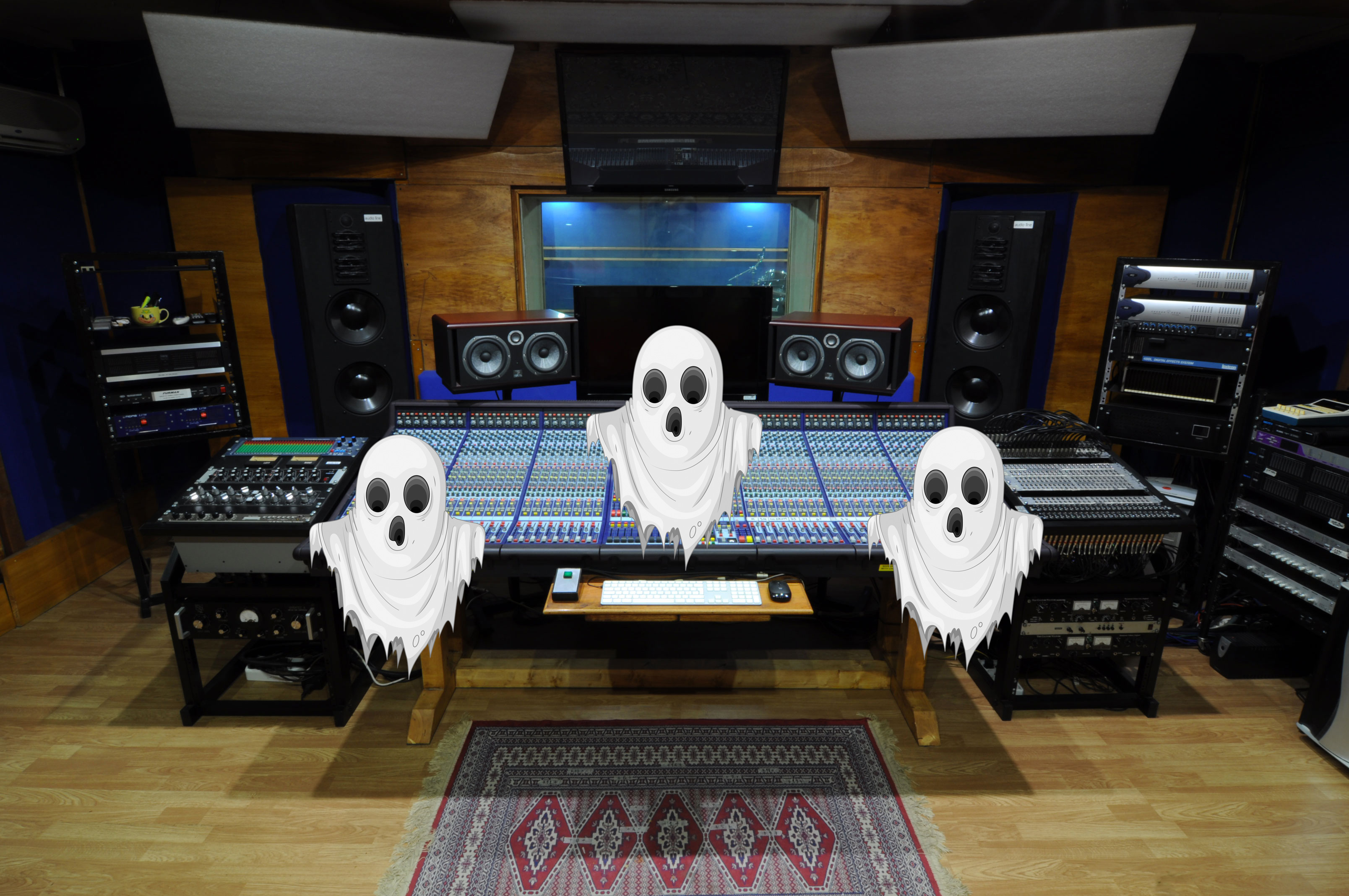In 2013, nobody was talking much about the ghost production industry. The DJs, artists, and performers who used ghost producers never admitted to it, and when rumors surfaced that someone was using a ghost producer, it was treated a scandal. By 2015, a few big-name DJs like Tiesto and Benny Benassi had openly acknowledged their use of ghost producers, while other “new guys” who had apparently come out of nowhere – such as Hardwell and Martin Garrix – stated that they had actually gotten their start as ghost producers for Spinnin’ Records. But even now that the use of ghost producers is becoming widely known, accepted, and even expected, it’s not a perfect system. So, what’s next?
Well, the phenomenon of DJs and artists who hire producers instead of creating music themselves definitely isn’t going anywhere. For whatever reason – too busy touring, no musical aptitude, no time – not every great DJ can be a great producer. It makes sense that a ghost producing industry has grown to support artists, but it’s a one-sided relationship. DJs get to perfect their craft, but don’t have to create their own art. Instead, they just pay for it. Meanwhile, ghost producers get a one-time payment, and sometimes some royalties, and that’s it.
There’s nothing inherently wrong with an artist paying someone else to produce his music. There are a lot of producers out there who aren’t interested in DJing or touring, or who just want to create music without the added stress of transforming themselves into a brand. For those producers, a ghost production gig can be a great thing… but it could be better.
I see two issues with the way that ghost producing currently works. First is the dishonesty that’s inherent in ghost production arrangements. Everyone knows that ghost production is something that happens, but it still feels slimy and uncomfortable to support an artist who is clearly just putting his name on someone else’s music. If a well-known, actively touring DJ were to come out and say, “I’m too busy with touring to produce music, so I have another producer help me finish my demos,” or “I love DJing, but I can’t write music, so I have a producer who does it,” perhaps fans would just say something to the effect of “that makes sense, fair enough.” The thing that has drawn fans’ ire in the past was that producers didn’t say anything. If ghost producers were openly acknowledged, a lot of this moral dissonance would disappear.
The second issue is that, as I mentioned before, the relationship between artists and ghost producers is too one-sided. The artist uses the music that his producer makes to make a name for himself, (hopefully) going on to fame and fortune while the ghost producer remains unknown. In other genres, producers are listed in an album’s credits. This exposure helps them find new clients, get more jobs, and over time earn more for their work as demand increases.
The fact that ghost producers are kept secret means that even if they write a track that gets to #1 on Beatport, they won’t necessarily have an easier time finding their next client, and they won’t be able to point to their past achievements to justify charging a higher rate. So, while ghost producers do get compensated for their work, it’s not quite fair.
That’s why we need to put an end to ghost production. Some DJs need producers to sustain their careers, and some producers would rather make music for other artists than try to become the next big name themselves. There’s a clear, obvious opportunity for symbiosis here. We just need to work on making sure that relationship is equitable for everyone involved.
I can see this working in a few different ways. The simplest option would be for the artist to simply list the producer who made a song in the song’s credits, even if it’s the artist’s name that actually appears on the cover art. This wouldn’t be much of a change from the way things already work, but it would allow the producer to capitalize on his creation’s popularity. If the song did well, or if it was discovered by other artists who wanted something similar, it would help the producer find new work and get paid what he’s actually worth.
Another model for a DJ-producer relationship is something similar to what Benny Benassi does. Benny Benassi is the face of his brand, and he’s the one who performs at his shows. However, his cousin Alle is the one who produces most of the music, while Benny takes a co-pilot seat in the studio. This allows Benny to do what he loves, but he and Alle both profit from their shared success. This relationship also counteracts one of the drawbacks to traditional ghost producing, which is that when an artist hires a different ghost producer for every track, the artist never develops a signature sound. An arrangement like Benny and Alle have is the best of both worlds, for everyone.
I’m certain that there are more permutations of this symbiotic relationship that I haven’t come up with yet, but I do hope that as the EDM industry continues to grow and change, these things will continue to improve. Whatever variations of the DJ-producer relationship we see, I hope to see more honesty, more fairness, and more opportunities for success on both sides of the equation.




